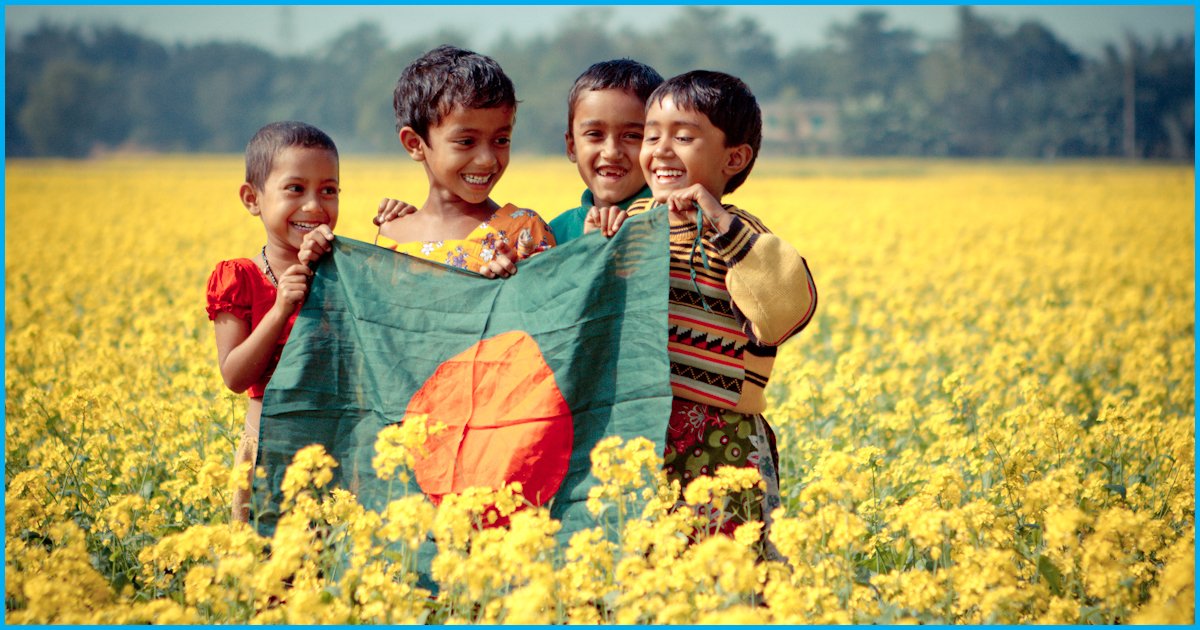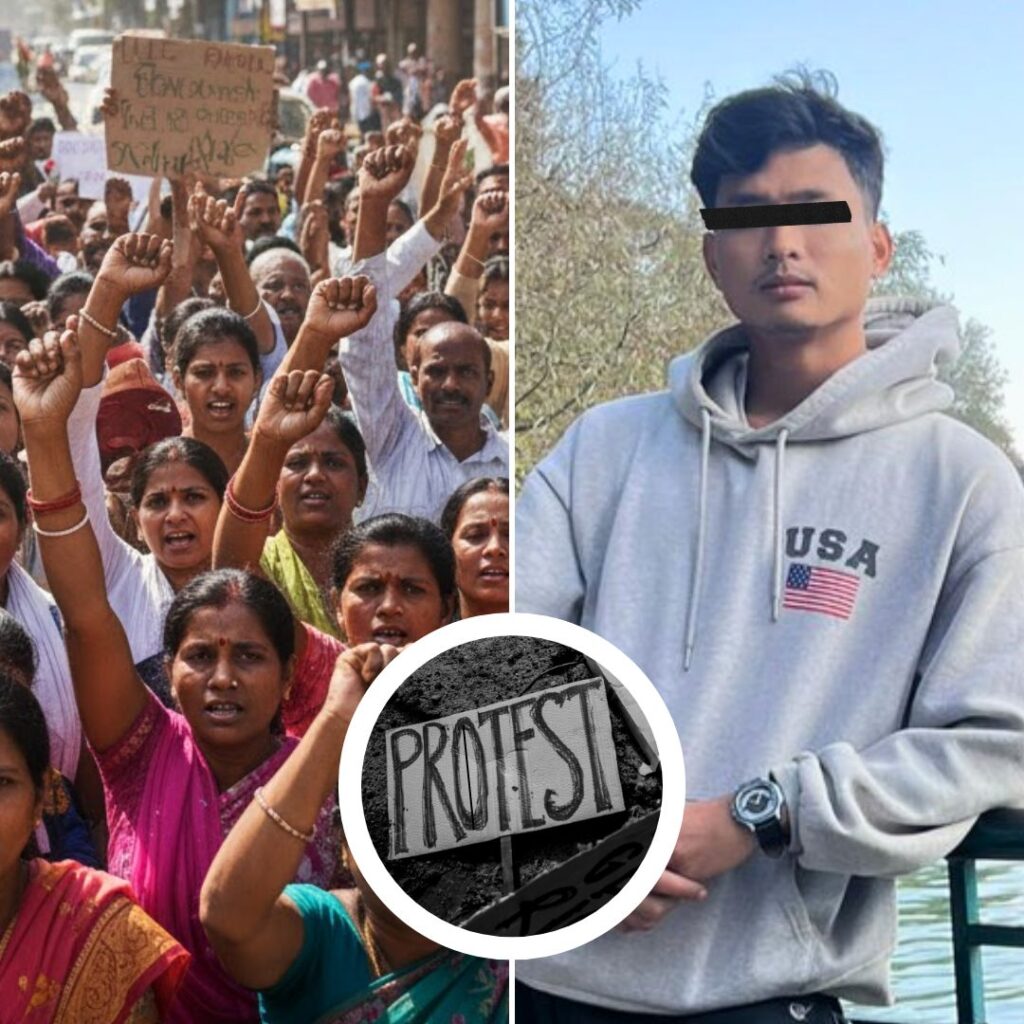Bangladesh retains its topmost position in Gender Gap Index for the fourth time in a row by achieving 48th position among the South Asian countries, said World Economic Forum (WEF) report.
According to the Global Gender Gap Report 2018 published by WEF on Monday, Bangladesh has slipped only one score to the 48th position among 149 countries across the globe. Still, it remained ahead of all other countries in the continent after the Philippines, reported Dhaka Tribune.
Sri Lanka and Nepal after Bangladesh
The other counties after Bangladesh were Sri Lanka and Nepal that secured 100th and 105th position respectively. India ranked at 108th position. Pakistan ranked 148th with only 0.550 points of Yemen. While Bangladesh managed to close 72 per cent of its overall gap, Pakistan managed only 55 per cent, reported Bdnews24.
Even Iceland, being the on the top of the list, had only closed 33 per cent of the gender gap, Bangladesh on the other hand, was among the six other countries that closed more than 50 per cent.
“With the exception of Bangladesh and Pakistan at either end of South Asia’s regional table, gender parity outcomes are somewhat homogenous across the region,” said the report. The United States was ranked at 51st position, the United Kingdom at 15th and Canada at 16th.
“Political Empowerment” in Bangladesh proved helpful
The countries are scored under sub-indices consisting of economic participation and opportunity, educational attainment, political empowerment, and health and survival. Reportedly, it’s the gender equality in political empowerment that helped Bangladesh achieve the 48th position with 0.721 points. Women participation in politics have made Bangladesh fifth most gender equal in the world.
According to WEF, Political Empowerment is where the gender gap “remains the widest” and Bangladesh is planning to ensure 33 per cent female membership in politics by 2020.
When it comes to economic participation and opportunity, the country has been placed at the 133rd position; 116th position for educational attainment and 117th in terms of health and survival.
Another report by WEF released in September had said that Bangladesh had made improvements in creating opportunities for all technical and professional roles and also for the legislator, senior official and manager roles.
Gender gap widening in labour force participation
Even though Bangladesh retained its top position in terms of Gender Gap index, the country’s gender gap in Labour force participation is widening according to the report.
“Bangladesh consolidates its position as the region’s top performer and breaks into the global Index top 5 on the Political Empowerment subindex this year, recording progress on closing its political gender gap, despite a widening gender gap in terms of labour force participation,” said the report.
Also, Bangladesh has seen a dip in the rankings for generating equal opportunities for legislators, senior officials, and managerial roles this year compared to the last year’s data. While the country ranked 113th last year, it has gone down to 135th position this year in generating these roles. 89.3 per cent workforce in these roles are males, and only 10.7 per cent are female.
India ranked 108th position with no improvements
India saw no enhancement in the overall gender gap ranking by WEF 2018. It remained same as 2017, ranked 108th among 149 countries. Reportedly, India’s performance remained as poor as previous year on all segments from economic participation to political empowerment. “It (India) needs to make improvements across the board, from women’s participation to getting more women into senior and professional roles,” said WEF report.
India continued to rank third lowest in the subindex-health and survival. The country has closed nearly 40 per cent of the gender gap in political empowerment. In 2017, India ranked 15th in this role which has now come down to 19th this year. However, India has the second-largest artificial intelligence workforce with a most substantial gender gap in the same role where only 22 per cent of the workforce are females.
The world, overall, has closed 68 per cent of its gender gap and with this pace, it will take nearly 108 years to close the overall gender gap and 202 years to bring about equality in all the workplaces, said the WEF report.
Also Read: Iceland Becomes The First Country To Criminalize Unequal Pay Based On Gender












